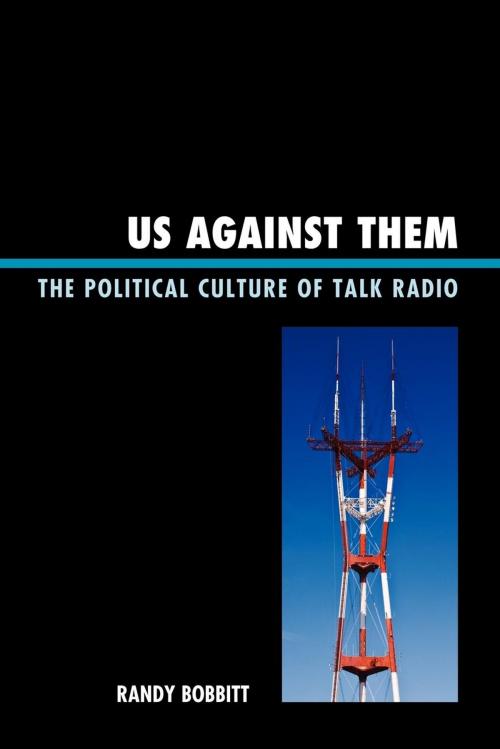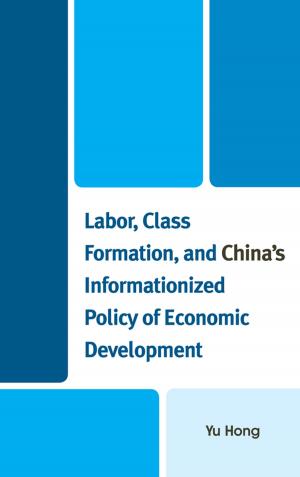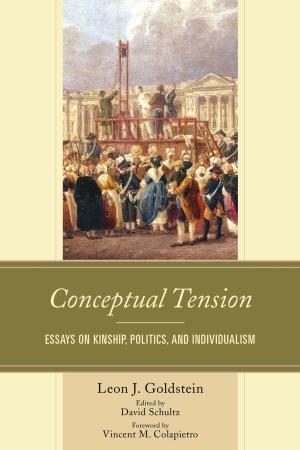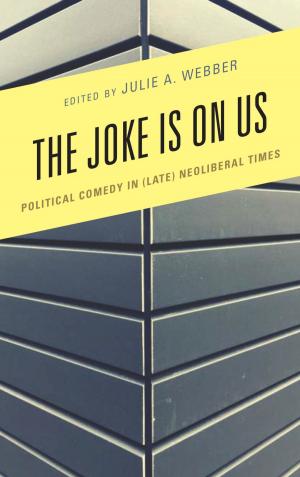Us against Them
The Political Culture of Talk Radio
Nonfiction, Social & Cultural Studies, Political Science| Author: | Randy Bobbitt | ISBN: | 9781461634652 |
| Publisher: | Lexington Books | Publication: | May 25, 2010 |
| Imprint: | Lexington Books | Language: | English |
| Author: | Randy Bobbitt |
| ISBN: | 9781461634652 |
| Publisher: | Lexington Books |
| Publication: | May 25, 2010 |
| Imprint: | Lexington Books |
| Language: | English |
Us against Them: The Political Culture of Talk Radio examines the phenomenon of talk radio and the role that it plays in the American political process as well as popular culture. Among the central questions addressed is a basic one regarding why people choose to listen to political talk instead of music. Do they listen to get objective information on both sides of political issues to help them make their own voting decisions, or do they seek out the hosts and content that simply validates their own beliefs? After a consideration of the history of talk radio as well as where the industry stands today in terms of audience demographics and advertiser support, Randy Bobbitt takes a theoretical look at how talk radio may or may have not impacted political issues and campaigns from the 1950s through the 2006 mid-term election, as well as the real impact of talk radio on the 2008 presidential campaign. Finally, Bobbitt considers the future of political talk radio in light of the newest threat to the First Amendment: the possible return of the Fairness Doctrine, a twentieth century law that once required broadcasters to provide politically balanced programming.
Us against Them: The Political Culture of Talk Radio examines the phenomenon of talk radio and the role that it plays in the American political process as well as popular culture. Among the central questions addressed is a basic one regarding why people choose to listen to political talk instead of music. Do they listen to get objective information on both sides of political issues to help them make their own voting decisions, or do they seek out the hosts and content that simply validates their own beliefs? After a consideration of the history of talk radio as well as where the industry stands today in terms of audience demographics and advertiser support, Randy Bobbitt takes a theoretical look at how talk radio may or may have not impacted political issues and campaigns from the 1950s through the 2006 mid-term election, as well as the real impact of talk radio on the 2008 presidential campaign. Finally, Bobbitt considers the future of political talk radio in light of the newest threat to the First Amendment: the possible return of the Fairness Doctrine, a twentieth century law that once required broadcasters to provide politically balanced programming.















